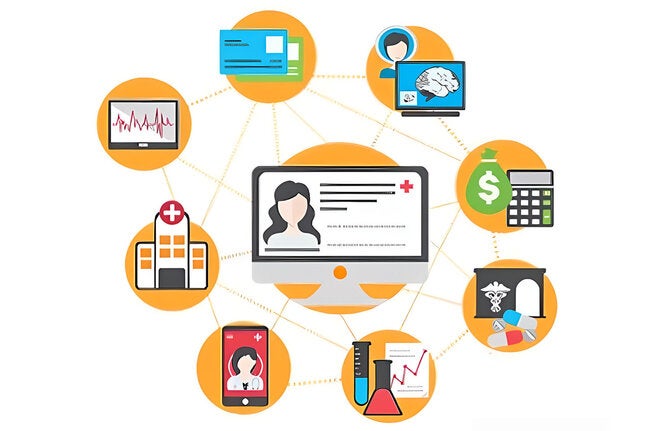Digital Revolution: PAHO's Bold Plan to Supercharge Healthcare Worker Skills

In a groundbreaking move to revolutionize healthcare technology, the Pan American Health Organization (PAHO) is set to unveil its innovative Digital Literacy Program for Health Sector Personnel. Launching on April 14, 2025, this cutting-edge virtual initiative aims to empower health workers across the Americas with essential digital skills.
The program represents a strategic approach to transforming healthcare delivery by equipping medical professionals with the knowledge and tools needed to leverage emerging technologies. By focusing on digital literacy, PAHO seeks to bridge technological gaps and enhance the overall quality and accessibility of healthcare services throughout the region.
Through comprehensive virtual training modules, health workers will gain critical insights into digital technologies, learn to navigate advanced healthcare platforms, and develop the technical competencies necessary to provide more efficient and patient-centered care. This forward-thinking initiative underscores PAHO's commitment to driving technological innovation in the healthcare sector and supporting professional development for medical personnel.
As digital transformation continues to reshape healthcare, this program stands as a pivotal step towards creating a more connected, technologically adept healthcare workforce across the Americas.
